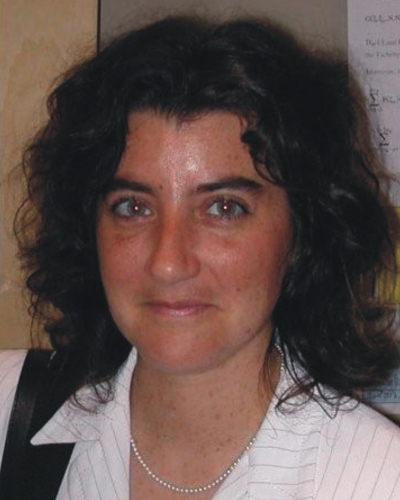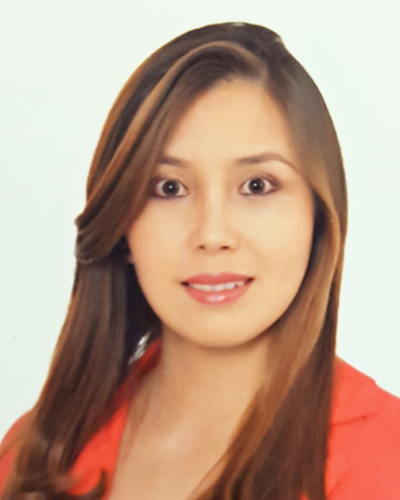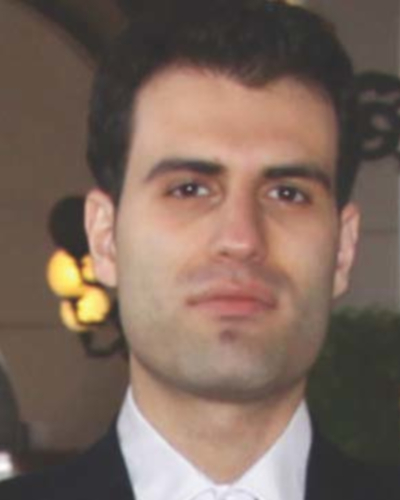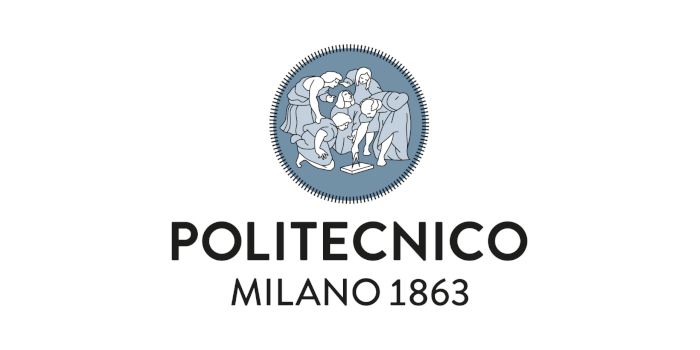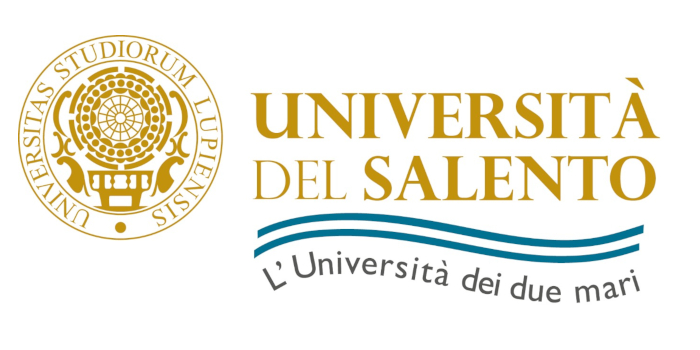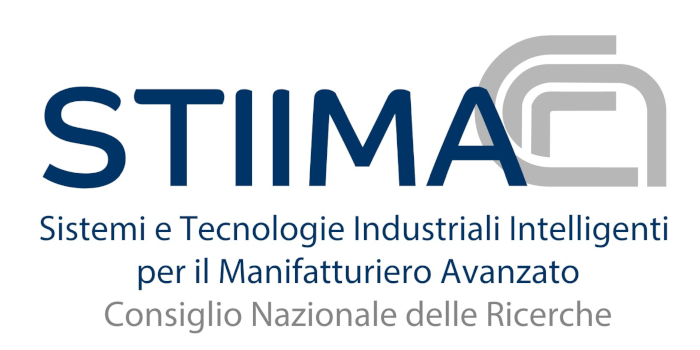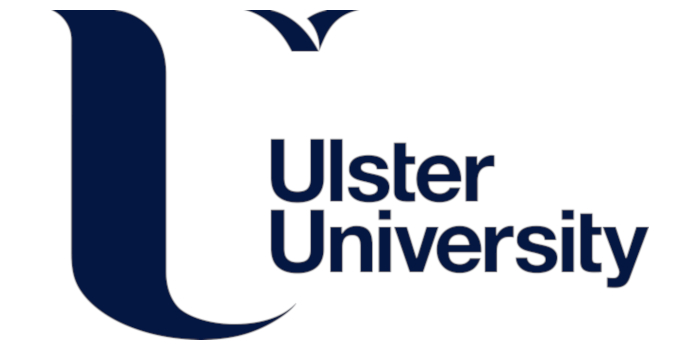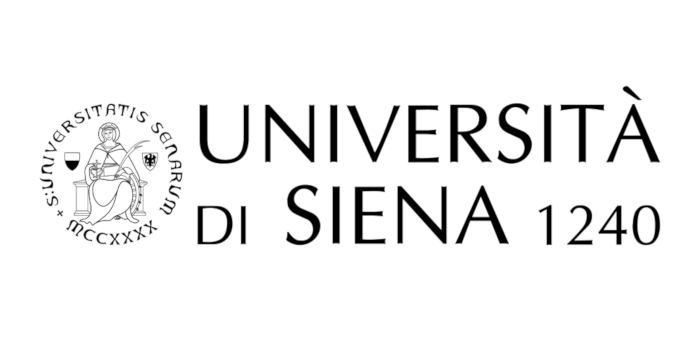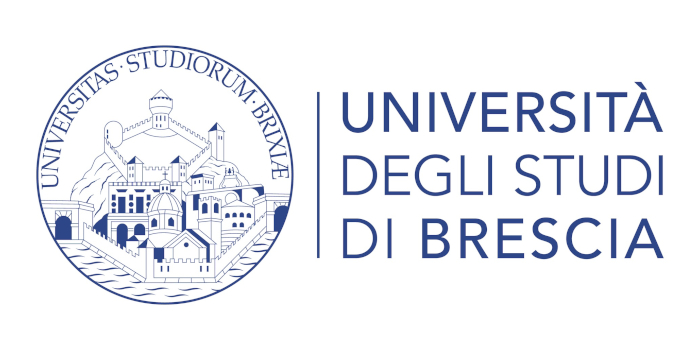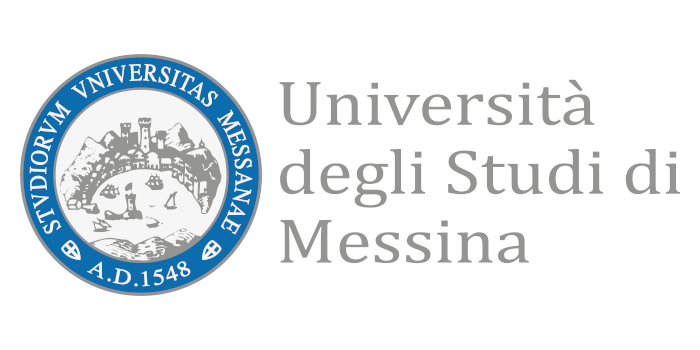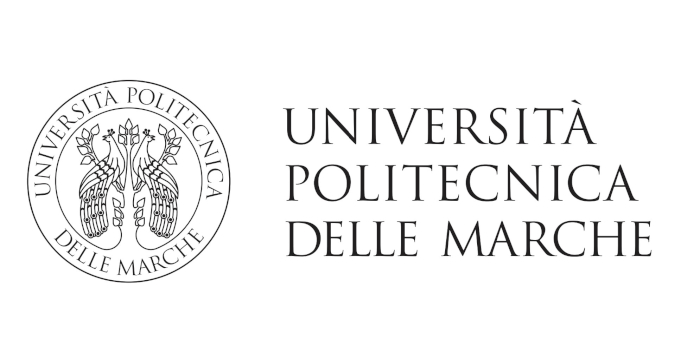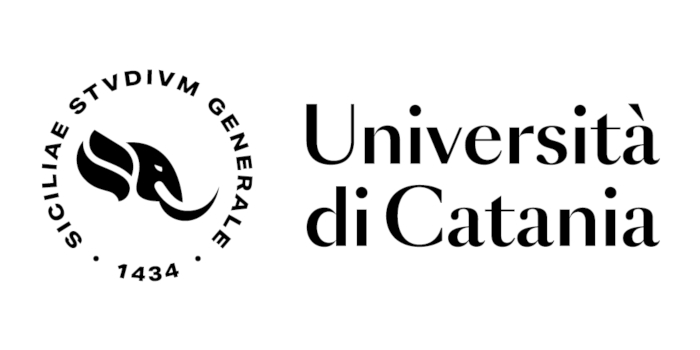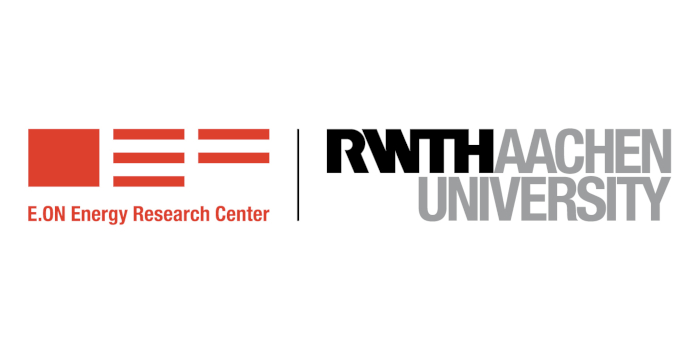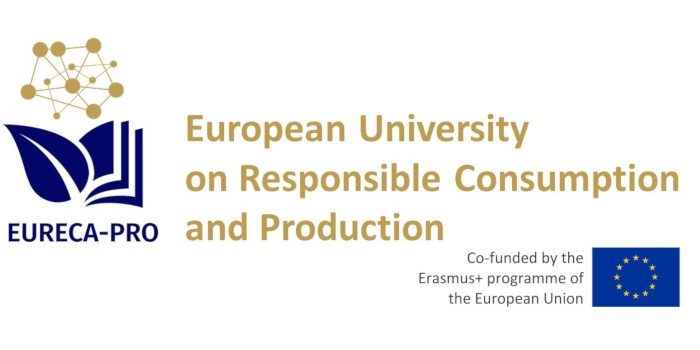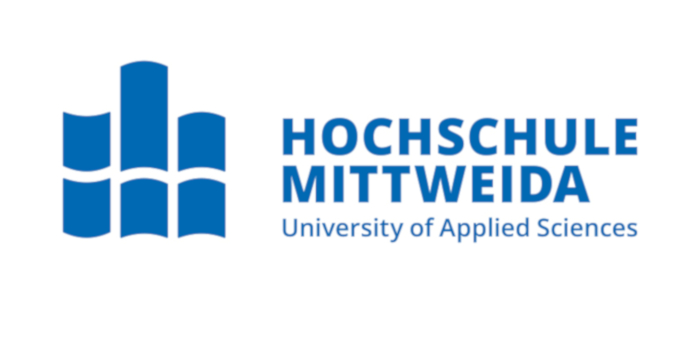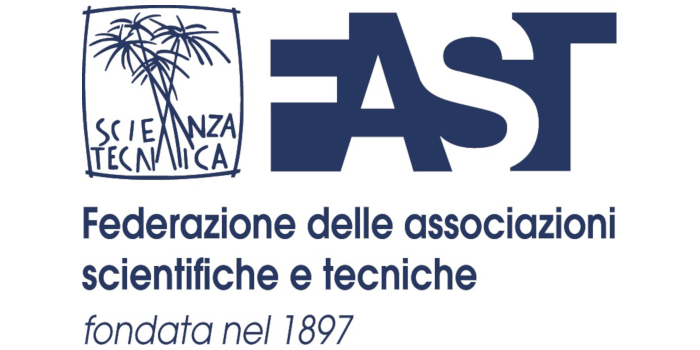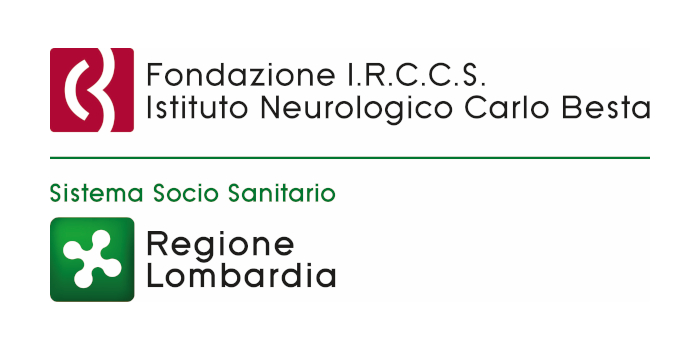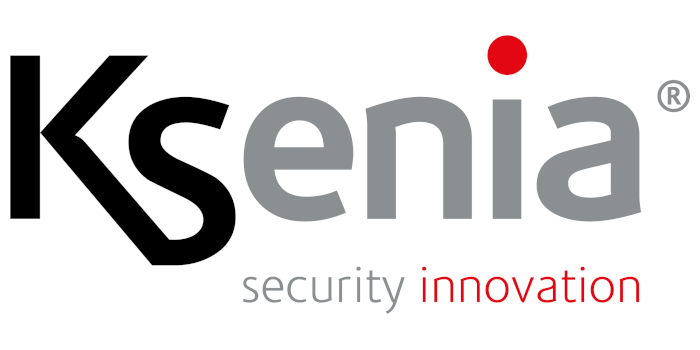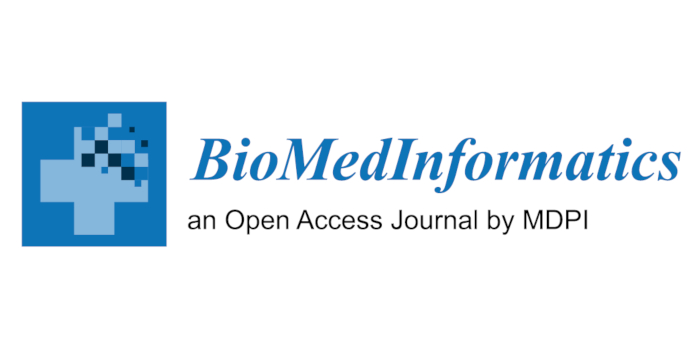SPECIAL SESSION #29
Microwaves with Artificial Intelligence: a New Paradigm for Improved Biomedical Applications
ORGANIZED BY
Sandra Costanzo
University of Calabria, Italy
Alexandra Flores
University of Calabria, Italy
Giovanni Buonanno
University of Calabria, Italy
ABSTRACT
The adoption of microwave and millimeter-waves for biomedical data acquisition can provide a challenging alternative for non-invasive biomedical applications, by leading to safe, low-cost and patient-friendly devices, as compared to standard procedures based on ionizing radiations. The integration of artificial intelligence methods can further enhance the novelty and usefulness of microwaves approaches, to implement fast and accurate techniques for non-invasive biomedical monitoring and diagnostics.
MAIN TOPICS
This special session will host contributions on:
- Microwave wearable sensors;
- Artificial Intelligence methods in electromagnetics for biomedical applications;
- Signal processing techniques on microwaves data;
- Microwave medical imaging;
- Medical image processing;
- Advanced measurement techniques for microwave imaging applications;
- Intelligent microwave diagnostics.
ABOUT THE ORGANIZERS
Sandra Costanzo (IEEE Senior Member) received the Laurea Degree (summa cum laude) in Computer Engineering from the Università della Calabria, Italy, in 1996, and the Ph.D. degree in Electronic Engineering from the Università Mediterranea di Reggio Calabria, Italy, in 2000. In 2017, she awarded the Italian National Scientific Qualification for the Full Professor position. Since 2019, she is also Associate with IREA-CNR (Naples). She is currently an Associate Professor with the Università della Calabria, where she is the Coordinator of Master’s Degree in Telecommunication Engineering and the Rector’s Delegate for Health Safety. She teaches courses on electromagnetic waves propagation, antennas, remote sensing, radar, sensors and electromagnetic diagnostics. She has authored or coauthored more than 200 contributions in international journals, books, and conferences. Her research interests are focused on microwave sensors for non-invasive monitoring of biomedical features, microwave imaging for biomedical applications, electromagnetic diagnostics, signal processing techniques and artificial intelligence methods for applications, electromagnetic characterization of materials, radar technologies, near-field/far-field techniques, antenna measurement techniques, antenna analysis and synthesis, numerical methods in electromagnetics, millimeter wave antennas, reflectarrays, and synthesis methods for microwave structures. She is member of the IEEE MTT-28 Biological Effects and Medical Applications Committee, IEEE South Italy Geoscience and Remote Sensing Chapter, CNIT (Consorzio Nazionale Interuniversitario per le Telecomunicazioni), SIEM (Società Italiana di Elettromagnetismo), ICEMB (Centro Interuniversitario sulle Interazioni fra Campi Elettromagnetici e Biosistemi), active member of IEEE Women in Engineering Italy Section, and Board Member of the IEEE AP/ED/MTT North Italy Chapter. She received the Telecom Prize for the Best Laurea Thesis in 1996, and the Best Academia & Research Application in Aerospace and Defense 2013 Award for the application Software Defined Radar using the NI USRP 2920 platform. She is Associate Editor of IEEE Access, IEEE Journal of Electromagnetics, RF and Microwaves in Medicine and Biology, Electronics (section ‘Microwave and Wireless Communications’), Sensors (section ‘Physical sensors’), COVID, and editorial board member of Radioengineering and International Journal of RF and Microwave Computer-Aided Engineering. She is Editor of the books ‘Microwave Materials Characterization’ (INTECH, 2012), ‘Wave Propagation Concepts for Near-Future Telecommunication Systems’ (INTECH, 2017), and Lead Editor of many special issues in international journals.
Alexandra Flores (Student Member IEEE and IEEE Women in Engineering Member ) was born in Ambato, Ecuador, in 1993. She received the B.S. degree in Electronics, Telecommunications and Networks Engineering, from Escuela Superior Politécnica de Chimborazo (ESPOCH), Ecuador, in 2017 and the M.S. degree in Telecommunications Engineering from the University of Calabria, Italy, in 2020. She is currently pursuing her Ph.D degree in Information and Communication Technologies at University of Calabria, Italy. Her research interests include Electromagnetic sensors, Microwave Image processing, Inverse Scattering, Machine Learning and biomedical applications.
Giovanni Buonanno (Member, IEEE), received the M.S. degree (summa cum laude) in Electronic Engineering from the Seconda Università degli Studi di Napoli (SUN), Aversa, Italy, in 2014. Then, he joined the Research Group in Applied Electromagnetics of SUN. From 2015 to 2018 he attended the PhD course in Industrial and Information Engineering at the University of Campania, defending his thesis in January 2019. He is currently a Research Fellow with the University of Calabria. His research interests include analysis and design of nonuniformly-spaced antenna arrays, biomedical applications, signal processing, and machine learning.


